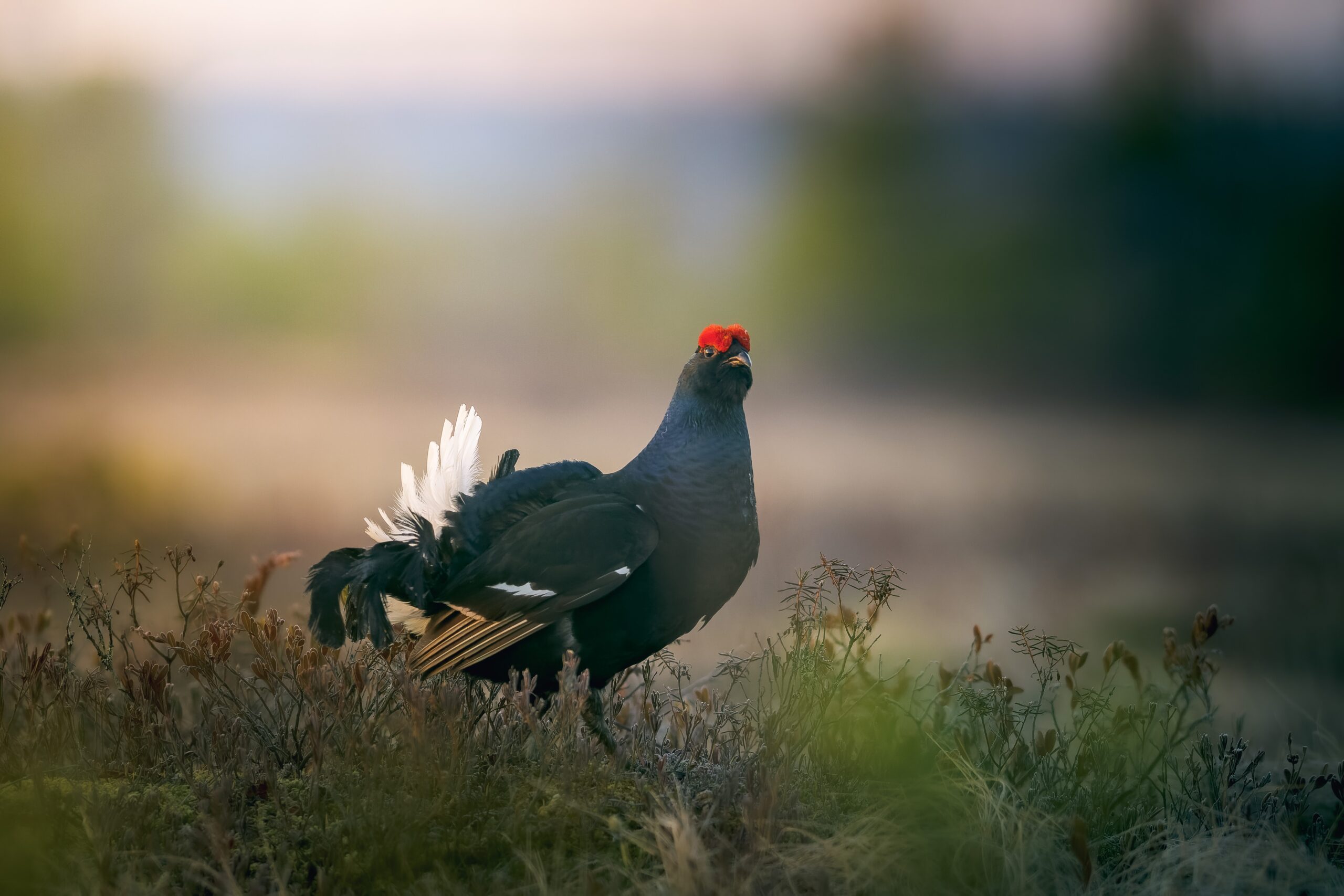Scottish Nature Restoration Fund recipients announced
A total of 54 projects designed to restore and improve biodiversity in Scotland will share the spoils of a £5m Government fund.
The recipients of the Scottish Government’s Nature Restoration Fund have been announced, with initiatives across the country set to receive a grant to undertake work aimed at safeguarding wildlife and tackling the causes of climate change.
Successful bids include a Glasgow City Deal project which forms the latest phase of the Hillington and Cardonald Surface Water Management Plan, and will boost the attractiveness and biodiversity of Penilee Park. £115,000 has been awarded to the scheme, enough to cover the cost of creating shallow basins and grassed channels to store surface water run-off, create natural play areas, and increasing capacity of the sewer network to reduce flooding.
Another grant recipient, RSPB Scotland has been handed £180,000 for rainforest restoration work involving the removal of rhododendron from the Morvern peninsula’s Atlantic rainforest. A further £10,700 has been confirmed for the organisation to improve habitats for the Cairngorms Connect project – a major biodiversity scheme set to complete over the next 200 years. A third sum of £160,000 will also be used for the restoration of precious wetlands in Orkney.
In South Ayrshire, Forestry and Land Scotland will now be able to spend £30,000 to enhance Black Grouse habitat at Craig Dhu – the species has been in decline across the UK due to loss of ecosystems and overgrazing and is now on the ‘red list’, ranking among the most endangered species. It’s larger cousin, the Capercaillie, is already on the cusp of extinction.
Elsewhere, the St Andrews Links Trust has £80,000 of the overall fund confirmed to support the restoration of West Sands dune, which will be raised from three to 6m above sea level. This will both improve the health and resilience of the system, and create a natural flood defence.
‘COP26 in Glasgow has driven home the urgency of the situation we are all facing. But there is hope. By restoring nature, protecting and enhancing habitats and safeguarding marine life we can look forward to a nature-positive future,’ said NatureScot Chief Executive Francesca Osowska. ‘Scotland is taking action now to meet the huge challenges and pressures that nature is facing and it is projects like these that will make the difference and set us on the road to recovery. Climate change needs nature-based solutions.’
The Nature Restoration Fund was created by the Scottish Government in 2021, with a total budget of £10m administered by NatureScot. This current round of funding is the first and has provided £2m directly to 16 projects, £1m to 22 schemes through a competitive process, £2m for 16 marine and coastal-specific initiatives, with the remaining £5m awarded to local authorities.
Biodiversity loss in the UK is a grave concern, and is central to the recently proposed Climate and Ecology Bill, with the Department for Environment, Food, and Rural Affairs unveiling its own Nature Recovery Green Paper in March. Earlier this month, a citizen-science survey found that flying insect populations had declined by 60% over the last 20 years in Britain, indicative of the problem.
Image credit: Daniil Komov
















